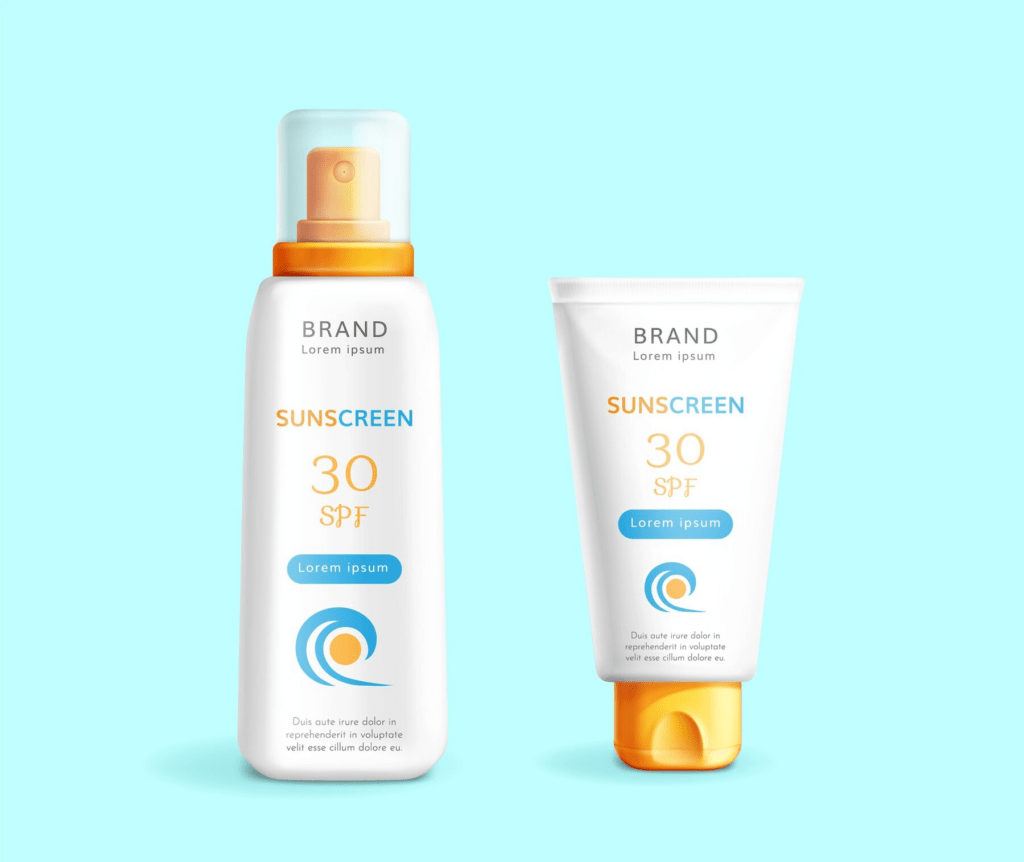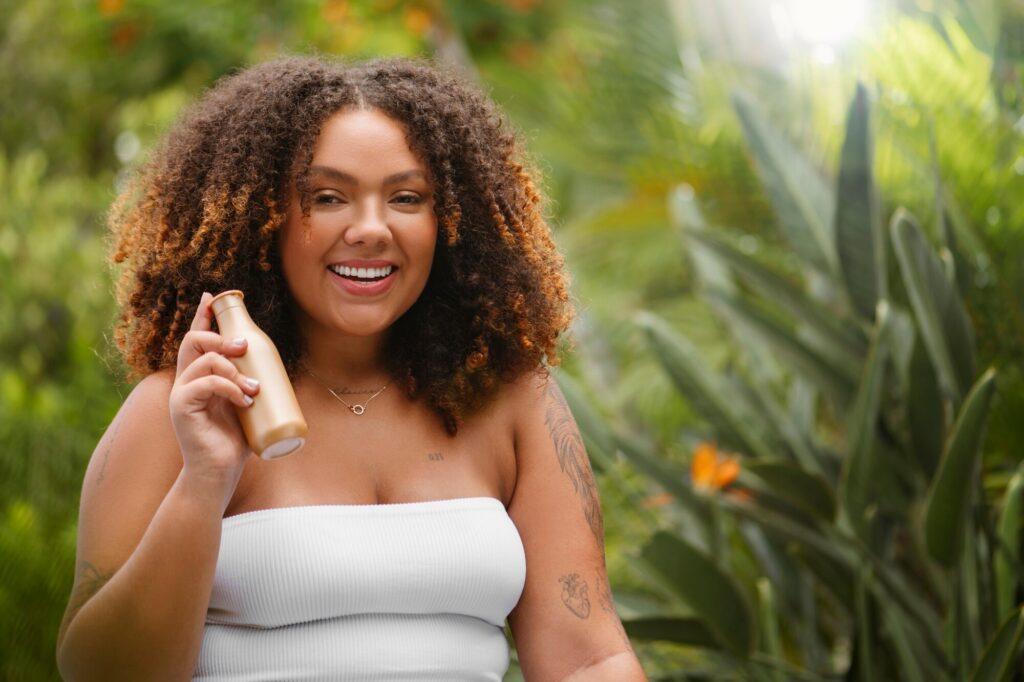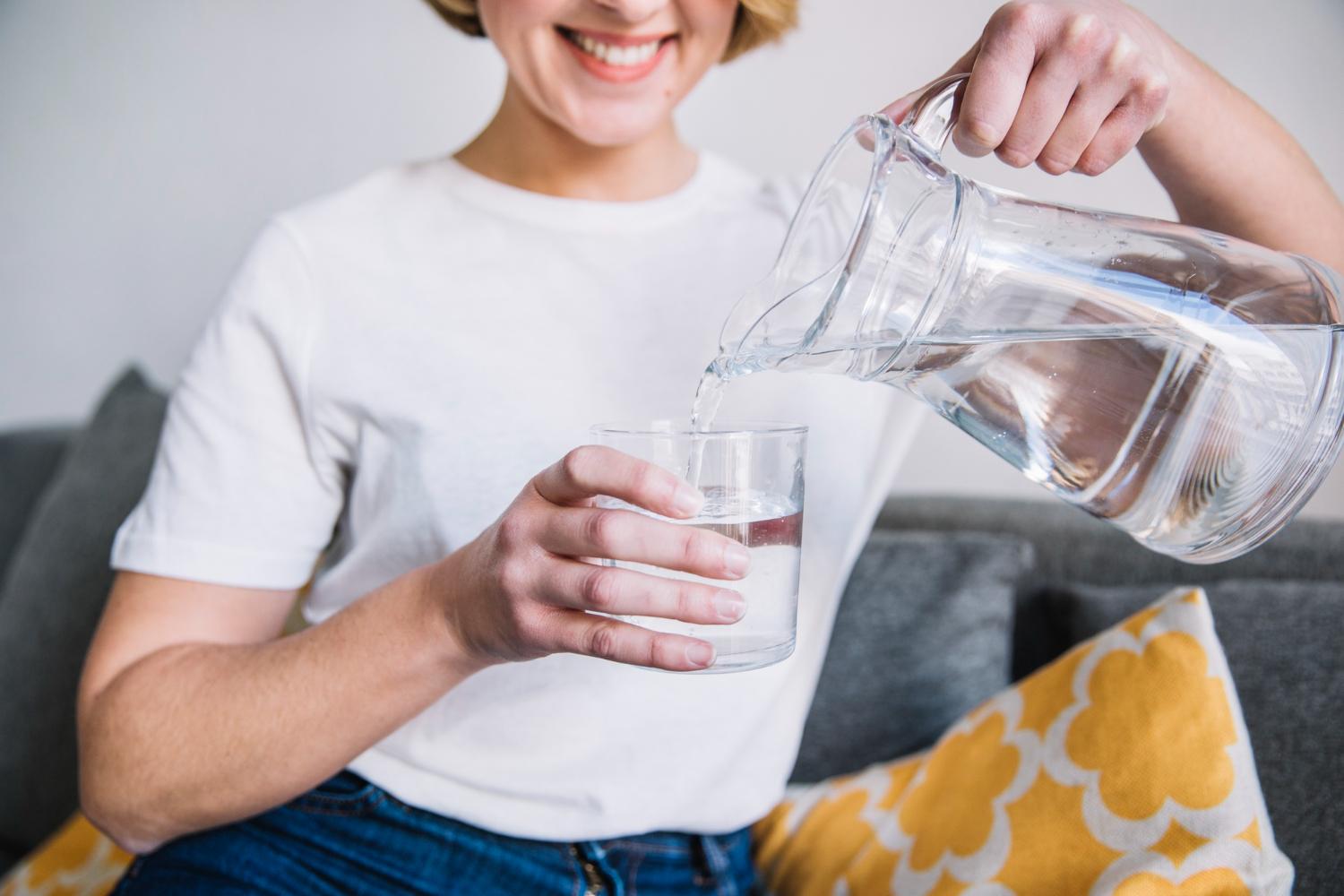Choosing the right sunscreen can feel overwhelming with all the options out there, but it doesn’t have to be.
Sunscreen is one of the most important tools for keeping your skin healthy and protected from the sun’s harmful rays.
Finding the right one for your skin type can make a big difference in how well it works and how comfortable it feels on your skin.
Different skin types need different types of sunscreen.
For example, oily skin might need a lightweight, oil-free formula, while dry skin could benefit from something with added hydration.
Knowing what your skin needs is the first step toward better sun protection.
Understanding labels, ingredients, and SPF levels will help you pick a product that suits your lifestyle.
The goal is to choose a sunscreen that works well and that you’ll actually enjoy using every day. Taking these factors into account makes it easier to find the perfect sunscreen for your skin.
1. Know Your Skin Type
Start by understanding your skin. People with oily skin should go for a lightweight, non-greasy sunscreen, often labeled as “oil-free” or “non-comedogenic.”
This helps to avoid clogged pores and excess shine.
On the other hand, those with dry skin should look for sunscreens that have moisturizing ingredients like glycerin or hyaluronic acid to keep the skin hydrated while still offering protection.
For sensitive skin, it’s smart to look for formulas that are fragrance-free or have mineral-based ingredients like zinc oxide or titanium dioxide.
These ingredients are gentle and less likely to irritate. Knowing your skin type will save you from breakouts, dryness, or irritation later.
2. Check The SPF Level

Sun Protection Factor (SPF) is key. For everyday use, an SPF of at least 30 is recommended.
It blocks about 97% of harmful UVB rays, which are the ones responsible for sunburns.
SPF 50 offers a little more protection, blocking 98%, but don’t think that going beyond 50 adds a huge amount. The increase in protection isn’t much after that.
For those spending long hours outdoors or with fair skin that burns easily, a higher SPF might be a safer bet.
Remember to reapply every two hours, especially after swimming or sweating, because sunscreen wears off.
3. Look For Broad-Spectrum Protection
Always make sure your sunscreen is labeled “broad-spectrum.” This means it protects against both UVA and UVB rays.
UVB rays cause sunburn, while UVA rays penetrate deeper into the skin, causing aging and long-term damage. You want protection from both, not just one.
Without broad-spectrum coverage, your skin is left vulnerable to wrinkles, dark spots, and even skin cancer.
So, next time you grab a sunscreen, check the label and confirm that it shields you from all types of harmful sun rays.
4. Consider Water Resistance

For days at the pool, beach, or anywhere you’re likely to get sweaty, pick a water-resistant sunscreen.
But keep in mind, water-resistant doesn’t mean waterproof. Water-resistant sunscreens last a bit longer when exposed to water or sweat, usually for 40 to 80 minutes.
After that, it’s important to reapply, no matter what the bottle claims.
If you’re swimming or doing activities that make you sweat a lot, choose one that’s labeled water-resistant for 80 minutes.
This extra layer of protection helps ensure your skin stays safe while active.
5. Choose a Formula You’ll Actually Use
The best sunscreen is the one you’ll use regularly. Whether it’s a spray, lotion, gel, or stick, pick a texture you like and find easy to apply.
Some people prefer lotions because they’re moisturizing, while others like sprays for quick and even application.
It’s important to be consistent. No matter how great a sunscreen is, it won’t work if it stays in the bottle.
So, pick one you enjoy putting on and make it a habit to apply it every day. The more you enjoy using it, the more protected you’ll be.
6. Pay Attention To Your Skin Tone

People with darker skin tones often believe they don’t need sunscreen, but that’s not true.
While darker skin contains more melanin, which offers some natural protection, it’s not enough to block harmful UV rays completely.
Sunscreen is important for all skin tones.
For those with dark skin, some sunscreens may leave a white cast or residue. Look for formulas that are designed to be invisible or tinted to match your skin tone.
This will help avoid that chalky look and make you feel more comfortable wearing it daily.
Related Articles
How to Reduce Wrinkles and Fine Lines Naturally: 15 Tips That Work
How To Look Beautiful Naturally
How to Choose the Right Foundation for Your Skin Tone
7. Understand The Ingredients
Active ingredients in sunscreens fall into two categories: physical (mineral) and chemical.
Physical sunscreens, which use ingredients like zinc oxide or titanium dioxide, sit on top of the skin and deflect UV rays. These are great for sensitive skin or anyone who prefers a natural option.
Chemical sunscreens, on the other hand, absorb UV rays and convert them into heat, which is then released from the skin.
These usually feel lighter on the skin and work well under makeup. However, some may irritate sensitive skin types, so it’s important to read the ingredients.
8. Check Expiration Dates

Sunscreens don’t last forever. Using expired sunscreen won’t provide proper protection, so check the expiration date before applying it.
Most sunscreens have a shelf life of about three years, but if it’s been sitting in your bag in the heat, it may lose its effectiveness even sooner.
Toss out any old bottles and replace them with fresh ones.
Using a fresh product ensures that you’re getting the full benefits of the formula, keeping your skin safe from harmful UV rays.
9. Think About Your Daily Routine
Sunscreen isn’t just for the beach. UV rays can still damage skin on cloudy days or through windows.
Make it a part of your daily routine, even if you’re not spending much time outside. Sunscreens with added moisturizers or those built into makeup can be convenient for everyday use.
For people who wear makeup, there are plenty of sunscreen options that won’t mess with your foundation or skincare routine.
Finding a product that fits into your day makes it more likely you’ll stick to it regularly.
10. Choose Eco-Friendly Options
Many sunscreens contain chemicals that can harm coral reefs and marine life.
If you enjoy spending time in the ocean, consider a reef-safe sunscreen. These are usually free of harmful chemicals like oxybenzone and octinoxate, which can damage coral reefs.
Reef-safe sunscreens are just as effective at protecting your skin but are better for the environment.
It’s a small choice that can make a big difference, especially if you’re an ocean lover.




